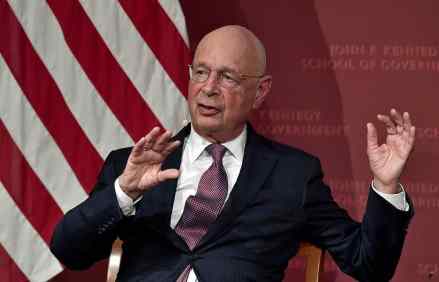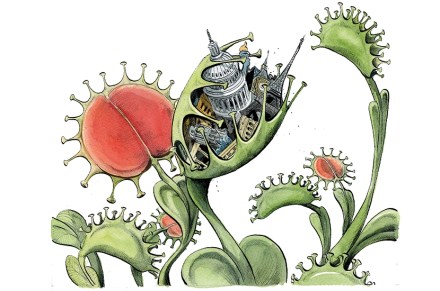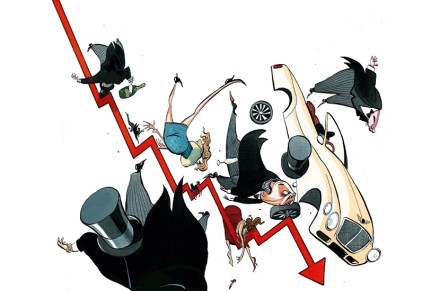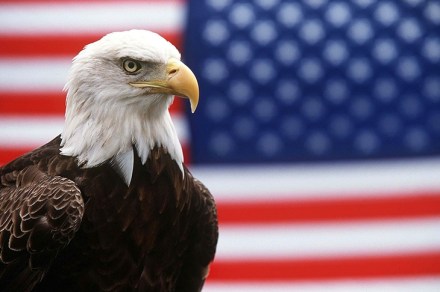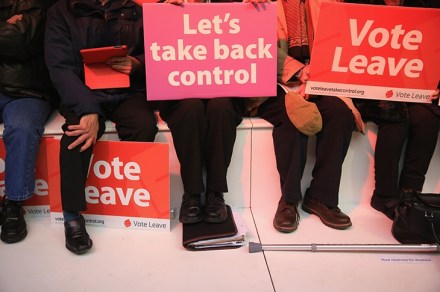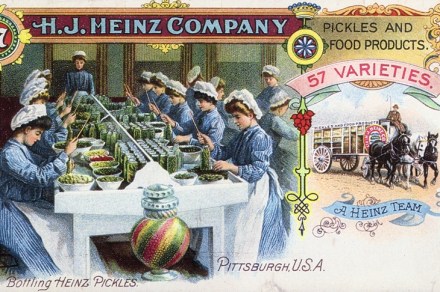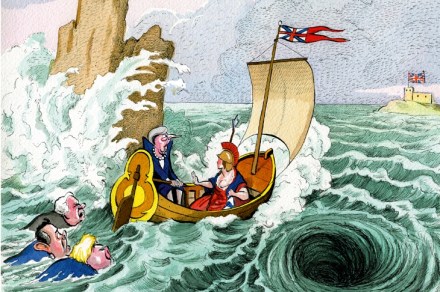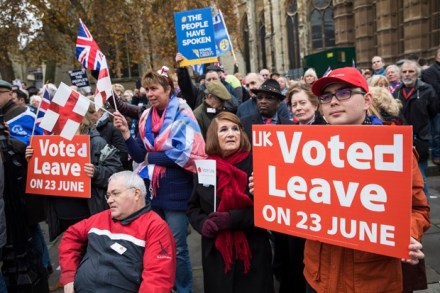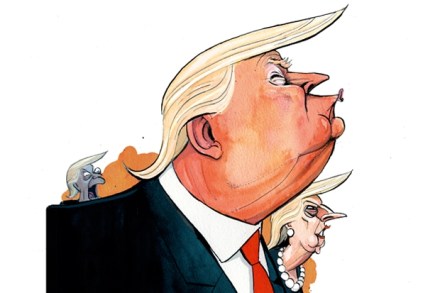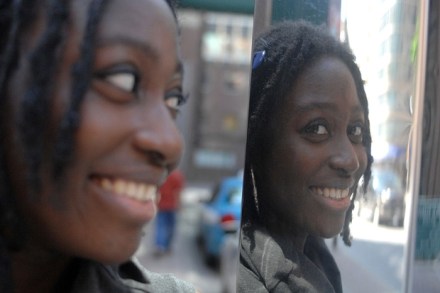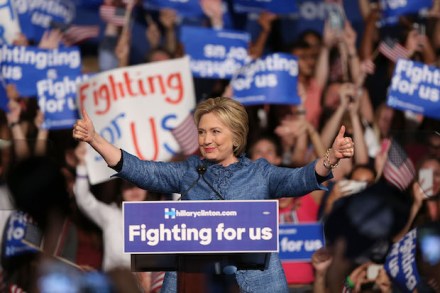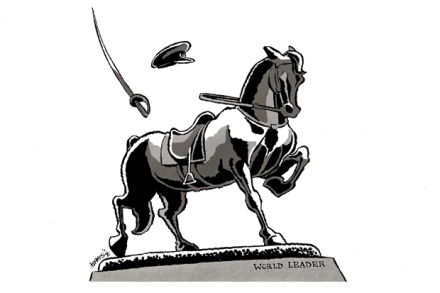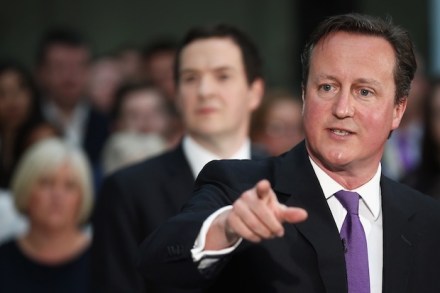Is Klaus Schwab the greatest threat of our time?
New York Alexandra rang me from London to enquire about a man by the name of Klaus Schwab: ‘He sounds like the greatest threat of our time. Should I be worried?’ ‘Nah,’ I answered. ‘He’s just another typical smooth-talking, smarmy Davos Man. ‘That’s what scares me,’ said the wife. For the very few of you who have not heard of Klausie baby, he is the founder and executive chairman of the World Economic Forum, or WEF, a grandiose title and well deserved to be sure, although it once created a social media video that contained the slogan: ‘You will own nothing, And you’ll be happy.’ The WEF is where technocratic
